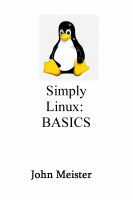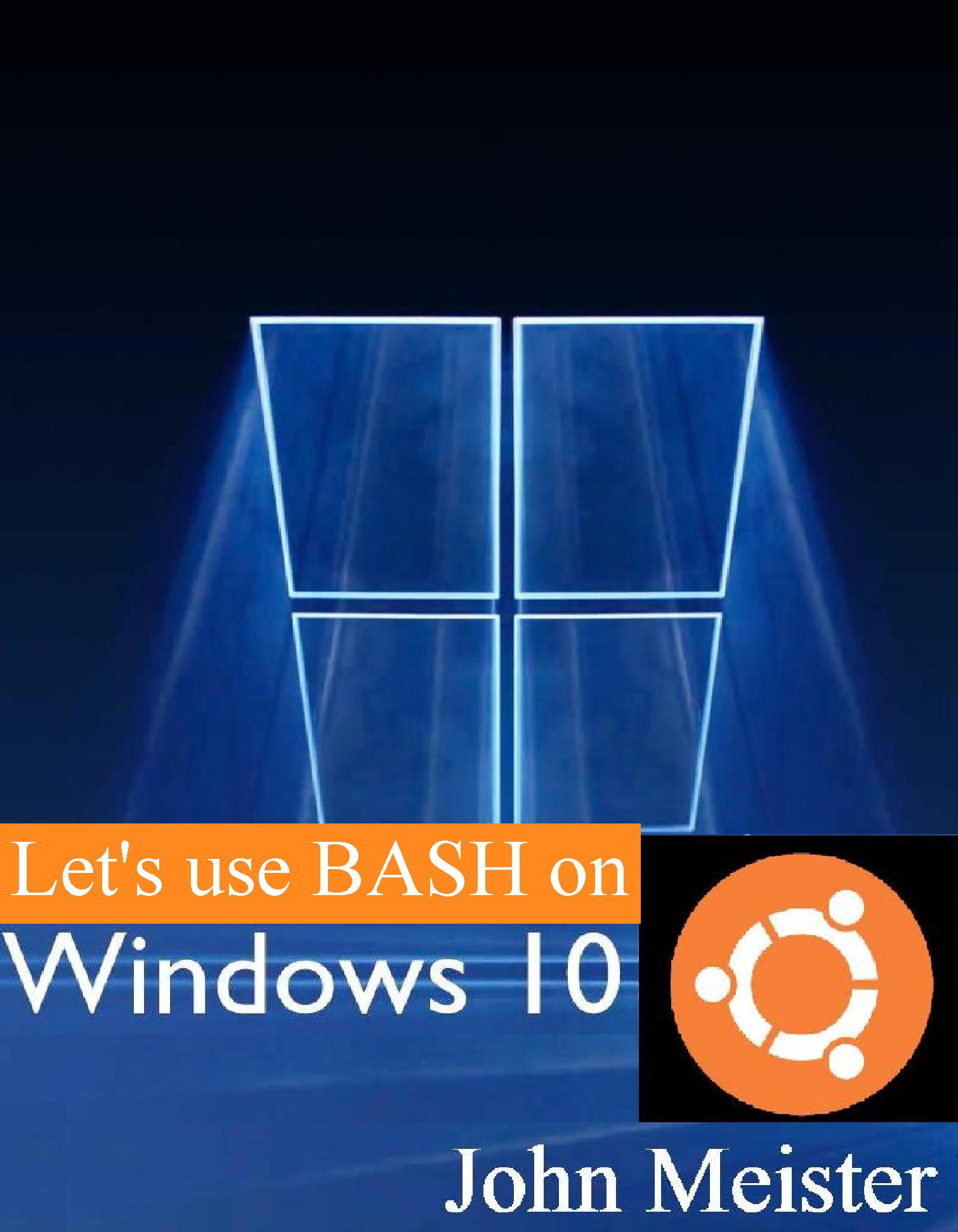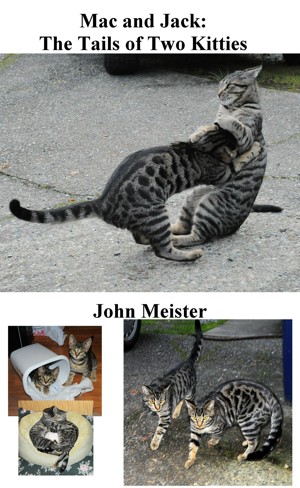why some Linux commands have different syntax
===============================================================================
****** real life reproductions of real life letters about UNIX... ******
===============================================================================
***** email message #1 *****
Dear Mr. Ritchie,
I heard a story from a guy in a UNIX sysadmin class, and was wondering
if it was true.
The guy in this class told of a co-worker of his who was in a UNIX
training class that got involved in UNIX bashing. You know, like
why is the -i option for grep mean ignore case, and the -f option for
sort mean ignore case, and so on. Well, the instructor of the course
decided to chime in and said something like this:
"Here's another good example of this problem with UNIX. Take the find
command for example. WHAT idiot would program a command so that you
have to say -print to print the output to the screen. What IDIOT
would make a command like this and not have the output go to the
screen by default."
And the instructor went on and on, and vented his spleen...
The next morning, one of the ladies in the class raised here hand,
the instructor called on her, and she proceeded to say something like
this:
"The reason my father programmed the find command that way, was
because he was told to do so in his specifications."
I've always wondered if this story was true, and who it was who wrote
the find command. In the Oct. 94 issue of Byte they had an article on "UNIX
at 25" which said that Dick Haight wrote the find command along with cpio,
expr, and a lot of the include files for Version 7 of UNIX. I don't know
where to send this message directly to Dick Haight, and I would appreciate it
if you would forward it to him, if you are able. If you can't, well then I
hope you liked the story. I got your mail address from "The UNIX Haters
Handbook", and would like to add this to your Anti-Forward:
Until that frozen day in HELL occurs, and the authors of that book write
a better operating system, I'm sticking with UNIX.
Sincerely,
Dan Bacus
nsc@edge.ercnet.com.
===============================================================================
***** email message #2 *****
From daemon Thu Feb 9 02:22 GMT 1995
Return-Path: dmr@plan9.research.att.com
Received: from plan9.research.att.com ([192.20.225.252]) by nscsgi.nscedu.com
(8.6
From: dmr@plan9.research.att.com
Message-Id: <199502090222.CAA04283@nscsgi.nscedu.com>
To: danb
Date: Wed, 8 Feb 1995 21:20:30 EST
Subject: Re: story
Content-Type: text
Content-Length: 1031
Status: RO
Thanks for the story and the note. Dick Haight was in what was
then probably called USG, for Unix Support Group (the name changed
as they grew). Their major role was to support the system withing
AT&T, and later to turn it into a real commercial product. He was indeed
one of the major people behind find and cpio. This group was distinct from
the research area where the system originated, and we were somewhat put
off by the syntax of their things. However, they were clearly quite useful,
and they were accepted.
Dick left AT&T some years ago and I think he's somewhere in South
Carolina, but I don't have an e-mail address for him. I'm not sure what
he thinks of find and cpio today. That group always was more concerned
with specifications and the like than we were, but I don't know enough
about their internal interactions to judge how these commands evolved.
All of your story is consistent with what I know up to the punchline,
about which I can't render an opinion!
Thanks again for your note.
Dennis
===============================================================================
FYI:
I received a copy of this email interaction in a UNIX training course. Just
another piece of UNIX history and mystic.
I have a copy of the UNIX Hater's Handbook and find it very informative.
However, until a better o/s is developed, it will remain on my system...
john
===============================================================================
-------------------------------------------------------------
JohnMeister.com Today's Date:
|













